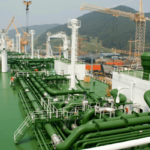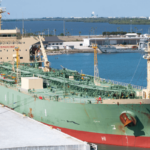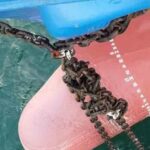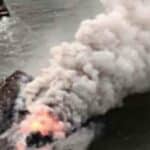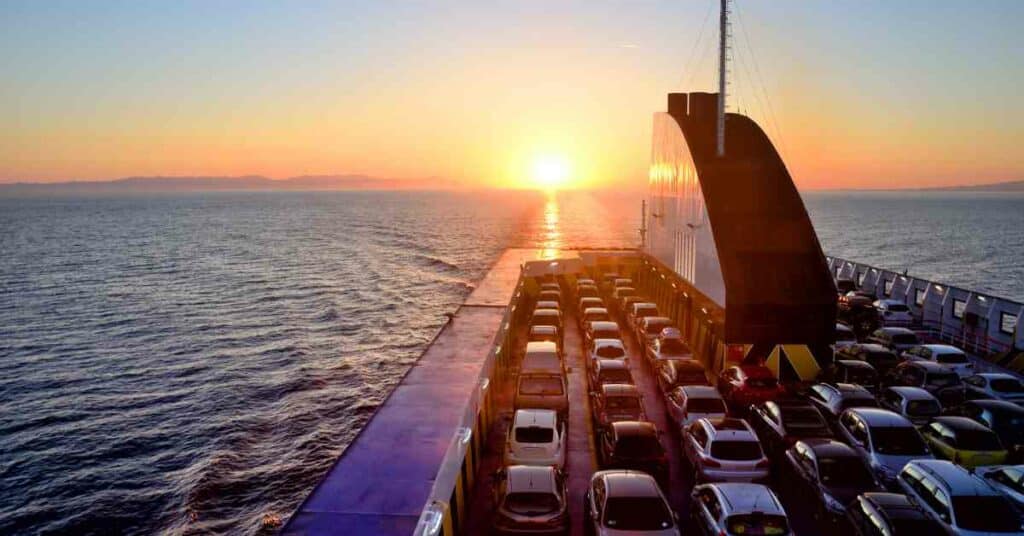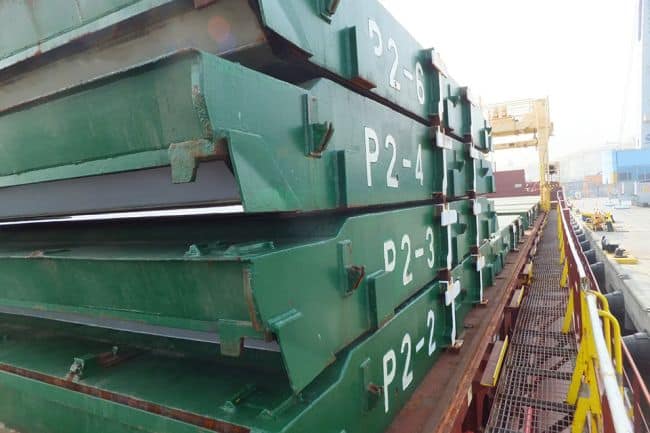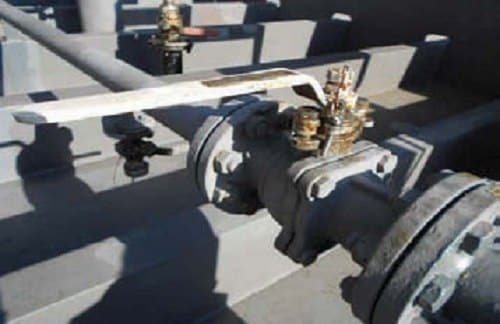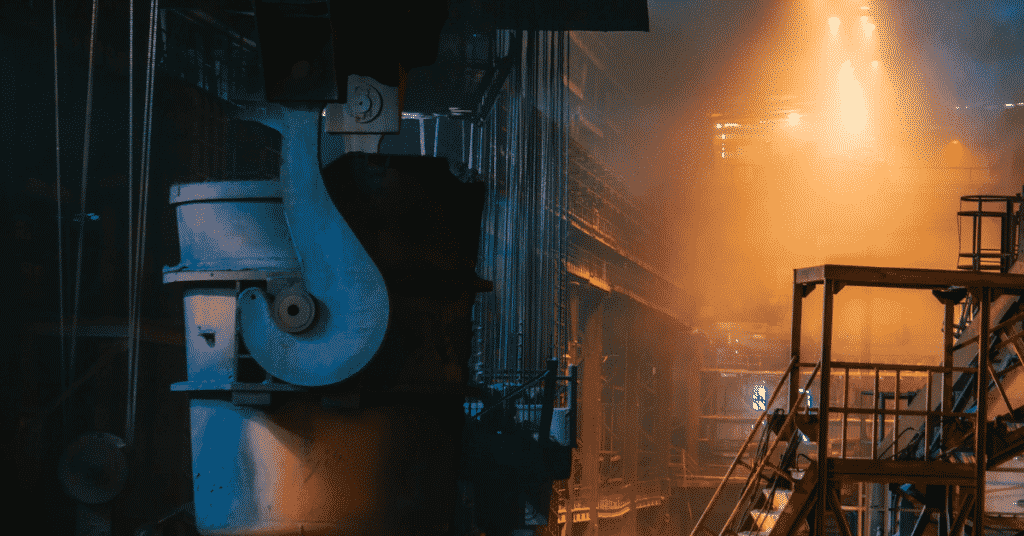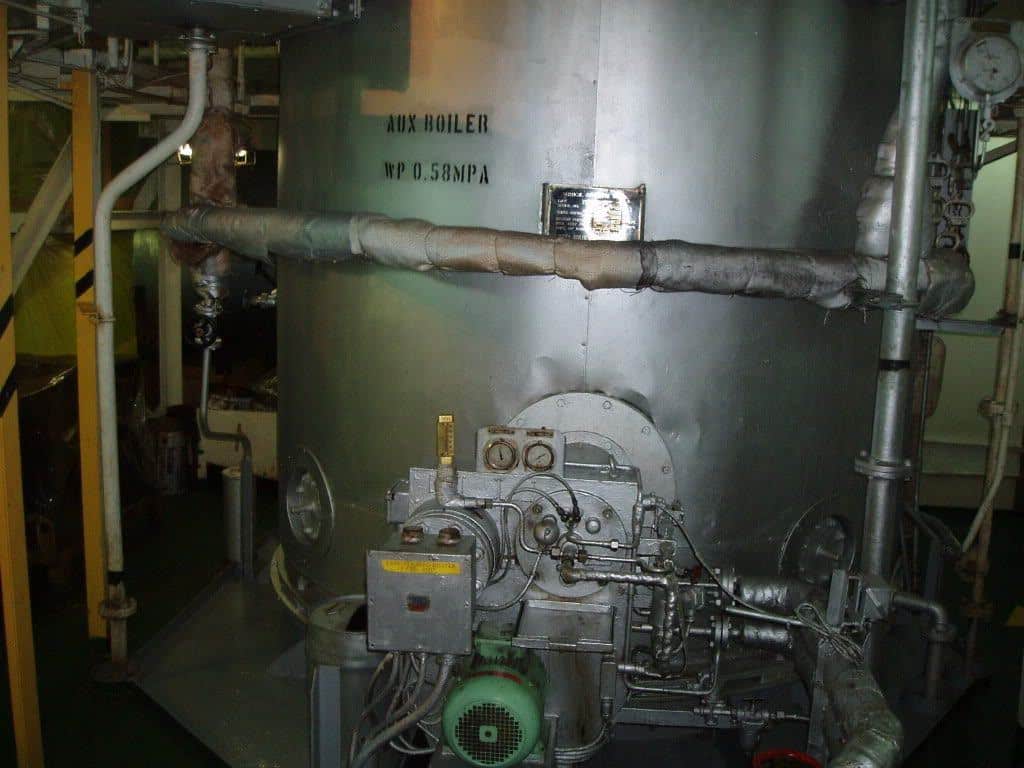Gas Vapours From Discharge Operation Cause Illness
A vessel was engaged in the discharge of gasoline to multiple small barges alongside; an operation that lasted seven days. This vessel used a closed discharging system throughout. However, the barges used an open loading system, topping off via open tank lids. The deck watch on the vessel was situated in the vicinity of the discharge manifold, which was subject to occasional gusts of wind; crew members could smell the occasional gasoline vapour.
The chief officer does not appear to have known, initially, that the barges had engaged in open loading and that crew members were being subjected to gasoline vapours. Once advised of this fact he instructed all crew to wear gas masks during their deck watch period. Three days after the end of the cargo discharge operations, a member of the deck crew began to experience symptoms that appeared to be due to gasoline vapour exposure such as increased heart rate, dizziness, pain and coldness.
The company investigation found that although a risk assessment had been completed prior to the discharge, it did not consider the risk of open loading and cargo vapours. As such, precautions relating to open loading had not been identified in the pre-operations meeting or ship/shore checklist.
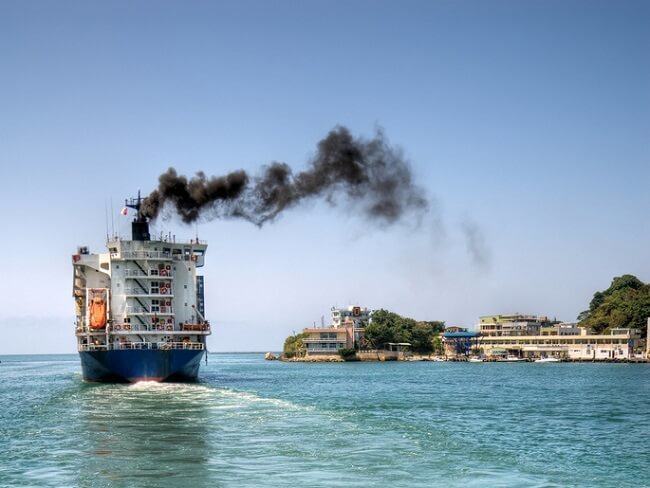
Although the manifold watch crew were acutely aware that the barge was engaged in open loading and that cargo vapours were noticeable during certain weather conditions, they did not bring it to the immediate attention of the chief officer.
The direct cause of this incident is due to crew members not wearing the correct PPE for the duration of the discharge operation. There are correct procedures and practice in place for such an operation, but the chief officer had not been made aware that they were required by either the barge loading master or by the manifold watch.
Editor’s Note: The company investigation identified the direct cause of the incident – the lack of proper PPE. However, open, clear, complete and unequivocal communication is always the best defense to help prevent accidents. There may also have been other contributing factors that have been missed. For example, was the chief officer so preoccupied with other duties that he could not verify, for himself, the actual unloading conditions at the manifold?
Do you have info to share with us ? Suggest a correction
- Real Life Incident: Vessel Collision in Good Visibility
- Real Life Incident: Severe Injury To Deck Crew While Leaving Berth
- Real Life Incident: Departure Damage in Very Restricted Waterway
- Real Life Incident: Low Situational Awareness Has High Impact Consequence
- Real Life Incident: Fouled Anchor in a Designated Anchorage
- Real Life Incident: Fire On Barge Carrying Scrap Metal Causes $7 Million Worth Of Damage
Latest Case studies Articles You Would Like:
Subscribe To Our Newsletters
By subscribing, you agree to our Privacy Policy and may receive occasional deal communications; you can unsubscribe anytime.




